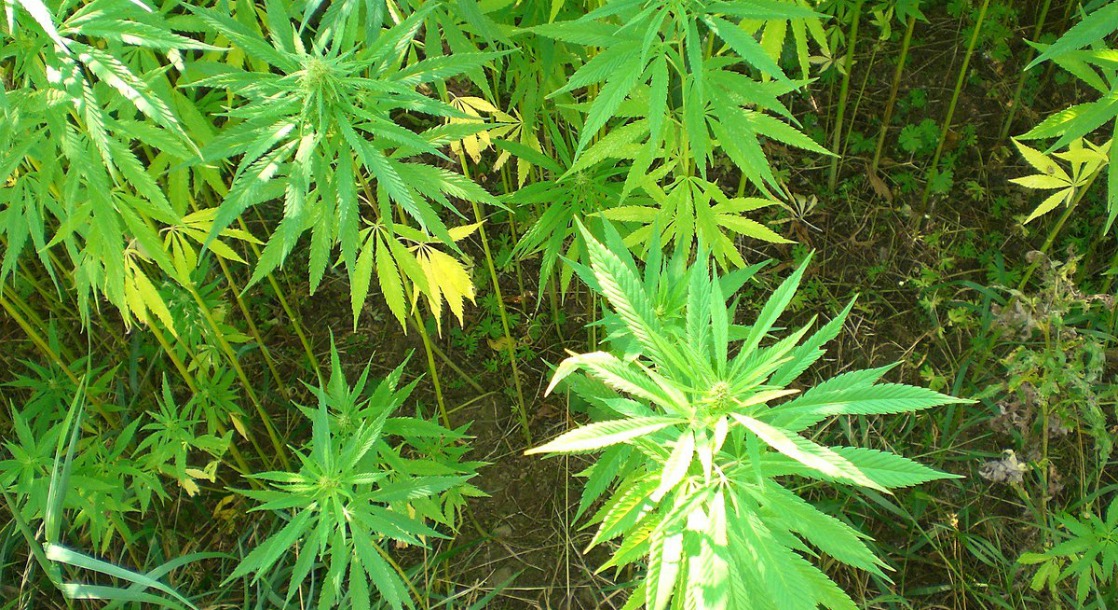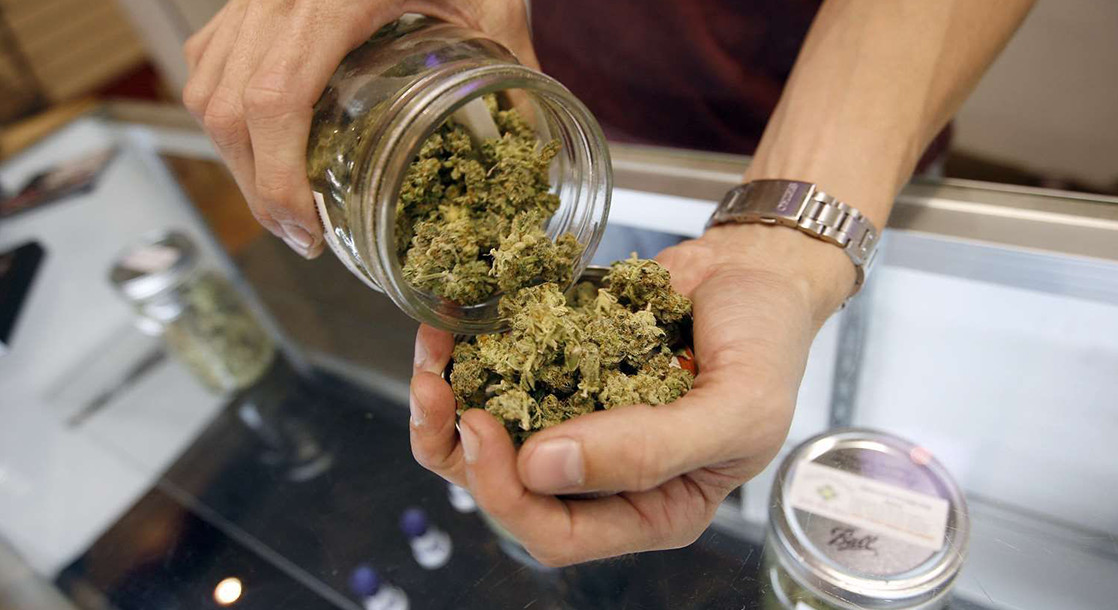Sheep farmers in Taranto, Italy are growing weed. However, they’re not in the least concerned with THC concentration or strain names, as the cannabis they are growing’s sole purpose is to clean the soil of toxic material, helping make their long-tarnished land viable again.
Vincenzo Fanaro is not a cannabis farmer by trade. “For generations, our family produced ricotta and meat,” he told CBS News. But Fanaro’s farm is only a mile away from Europe’s largest steel plant, and chemical runoff has been making it’s way from the manufacturer into the ground, and eventually, into Vincenzo’s sheep.
The Italian government discovered the toxins in 2008, and as a result Fanaro was forced to slaughter his entire herd. And if the loss of 600 animals wasn’t enough, the land looked like it might never be fit for grazing animals ever again. But through a process called phytoremediation, and with the help of the cannabis plant, Fanaro is breathing new life into the land, and cleaning the area’s soil of harmful toxins.
Cannabis plants have extremely fast growing roots that pull the toxins out of the earth and into the plant itself, either storing, or converting the chemicals into harmless substances. Fanaro isn’t harvesting the hemp and turning it into CBD oils or a run of t-shirts – they’re just there to clean.
The same phytoremediation process was used in Chernobyl, Ukraine following the 1986 nuclear reactor meltdown, to remove radioactive material. Fanaro is convinced that this brilliant example of canna-science will be the future of his farm.
And who knows, maybe after Fanaro’s soil is fit for commercial crops again, he’ll stick with cannabis and start producing CBD oils and other industrial hemp products along with ricotta and sheep sausage.











